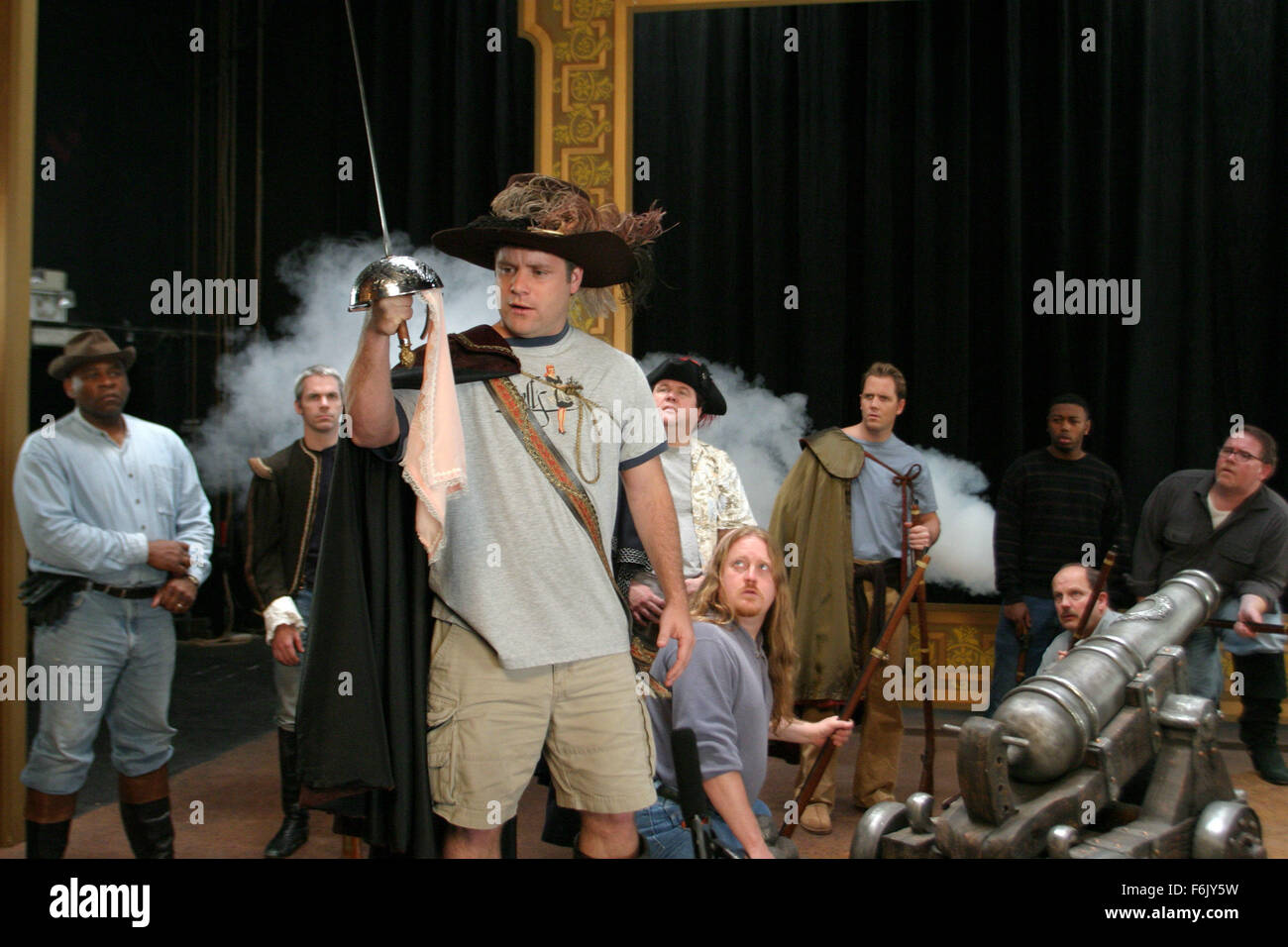

His services have been in high demand ever since. Opportunity knocked first in the form of the Hollywood trade newspaper Variety, which hired Borger as its Paris-based film critic and correspondent (a post he held until 1990) and, a bit later, in the form of director Bertrand Tavernier, whose 1980 film A Week’s Vacation gave Borger his first subtitling gig. Not bad for a kid from Brooklyn who taught himself French by listening to chansons francaises and turned up in Paris in 1977, ostensibly to work on his doctoral thesis, but with little idea of what he wanted to do with his life.

It is a list that rivals, in literature, the work of Lydia Davis, who has done definitive English translations of Proust, Flaubert and Foucault. In addition to Clouzot, Borger’s resume includes entirely new or extensively revised subtitles for films by Jean Renoir (Grand Illusion), Jules Dassin (Rififi), Jean-Pierre Melville (Army of Shadows, Le Doulos) and Jean-Luc Godard (Breathless, Contempt)-many of them on assignment for the invaluable distributor Rialto Pictures, where Borger has been the house subtitling guru for the past two decades. Consider just one example: tasked with re-translating Henri-Georges Clouzot’s classic 1947 police drama Quai des Orfevres, Borger spent weeks immersing himself in arcane police slang, even going so far as to track down a former 1940s Paris police chief who’d retired to Los Angeles (and who was himself stymied by some of Clouzot’s more florid inventions). Without Lenny Borger, how many of the treasures of French cinema would remain unknown to us-or known only in inferior versions that fail to capture the tiniest nuances of what is being said, and how? For Borger is nominally a translator and subtitler, but really he is a kind of medium, channeling the linguistic spirit of a given film and making it live anew for English-speaking audiences the world over. Scott Foundas on Mel Novikoff Award Recipient Lenny Borger On May 3, join us for a conversationabout the hunt for “lost” films and the unsung art of subtitling with Borger and Variety’s Scott Foundas followed by a screening of the rediscovered 1929 silent masterpiece Monte-Cristo. This year’s recipient of the Mel Novikoff Award-named after the legendary San Francisco exhibitor and bestowed upon an individual or institution whose work has enhanced the film-going public’s appreciation of world cinema-is translator, scholar and film sleuth Lenny Borger. Borger, a former correspondent for Variety in Paris, has also made a pursuit of rescuing rare and “missing” French films from foreign archives, including the nitrate negative of Raymond Bernard’s The Chess Player and an incomplete Czech distribution print of Monte-Cristo that led to the film’s restoration. He once went so far as to track down a former police chief to clarify some obscure police jargon from the ’40s. His subtitle translations for new releases and restorations from Rialto and the Criterion Collection and others refine the nuances and idiosyncrasies of the original language. If you are a fan of classic French cinema, you likely have unknowingly profited from the work of Lenny Borger.


 0 kommentar(er)
0 kommentar(er)
